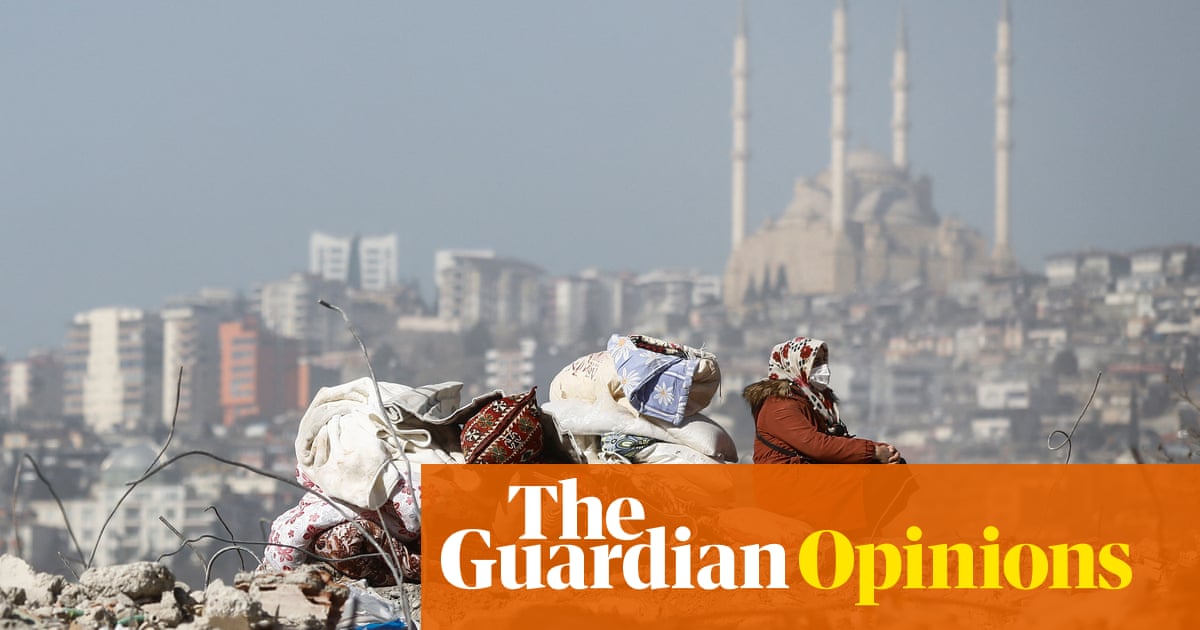
Pollution from coal-fired power plants in Western Balkan countries caused almost 19,000 deaths in Europe over the last three years, according to estimates in a new report.
Half of those deaths occurred in European Union countries that include Italy, Romania and Hungary, the report by CEE Bankwatch Network and the Centre for Research on Energy and Clean Air states.
The pollution is coming from power plants that are exceeding their legal limits of pollution, or the legal limits of operating hours, in Serbia, Kosovo, Bosnia and Herzegovina, North Macedonia, and Montenegro.
The authors argue that along with the health costs, the EU also bears “some of the responsibility”, as it is a net importer of electricity from this region.
While the electricity it imports only makes up a small fraction of its total electricity use, the production of electricity in these plants can be extremely pollutant heavy.
According to the report, power generation in these countries is around 300 times more SO2-intensive than in the EU.
SO2, or sulfur dioxide, is a major air pollutant that has a significant impact on human health.
Electricity from the Western Balkans makes up just 0.3 percent of the EU’s electricity consumption, but because its production is so SO2-intensive, the SO2 emissions from this 0.3 percent are equal to half of the entire SO2 emissions from all power plants in the EU in 2020.
In the Comply or Close report, the researchers used methodology built on scientific studies to calculate the increase in the risk of death when air pollution increased by a certain amount.
By projecting what would happen if coal power emissions were eliminated from an area, they combined this with population data and country-level data to calculate the number of cases of deaths attributable to coal plant emissions.
The report found nearly 19,000 deaths occurred from 2018 to 2020 due to coal-fired power plants in the Western Balkans. More than half of these, 10,800, were in EU countries.
Around 30 percent, 6,500, were in Western Balkan countries, and the remainder in neighboring countries outside of the EU.
“Those Western Balkan Governments which have not yet done so, must set a date for an urgent coal phase out,” said Davor Pehchevski, Balkan Air Pollution Campaign Coordinator at CEE Bankwatch Network.
“For power plants which cannot be closed immediately, governments must limit their operating hours until emissions standards are met, in order to save lives”.
“In parallel, investments in energy efficiency measures and renewable energy must be urgently stepped up, and plans for a just transition for coal workers and communities need to be drawn up together with all relevant stakeholders, especially the affected communities.”
The authors argue it could have been expected that emissions would have dropped during the coronavirus pandemic, due to the decrease in economic activity.
This was “far from the case” the report says, with many of the plants in the five countries of the Western Balkans included in the study showing an increase in emissions.
These plants are in the National Emissions Reduction Plans (NERP) of these countries, a plan, which allows them to continue operating plants built before 1992 until 2027 — under strict conditions.
These conditions include an annual ceiling on the amount of different pollutants, as well as a limit of 20,000 operating hours a year.
In 2018 and 2019, according to the report, coal plants that were included in the NERPs emitted around six times as much sulfur dioxide (SO2) as allowed, but in 2020 they emitted 6.4 times as much.
The plants emitted around 1.6 times as much dust as allowed in all three years between 2018 and 2020, and absolute emissions even increased slightly.
“Western Balkan governments cannot dream of EU membership while ignoring pollution control rules. To avoid this kind of flagrant non-compliance, enforcement of the Energy Community Treaty must be made a priority.
“The European Commission and EU governments must introduce effective penalties”, said Ioana Ciuta, Energy Coordinator for the Western Balkans at CEE Bankwatch Network.











